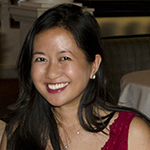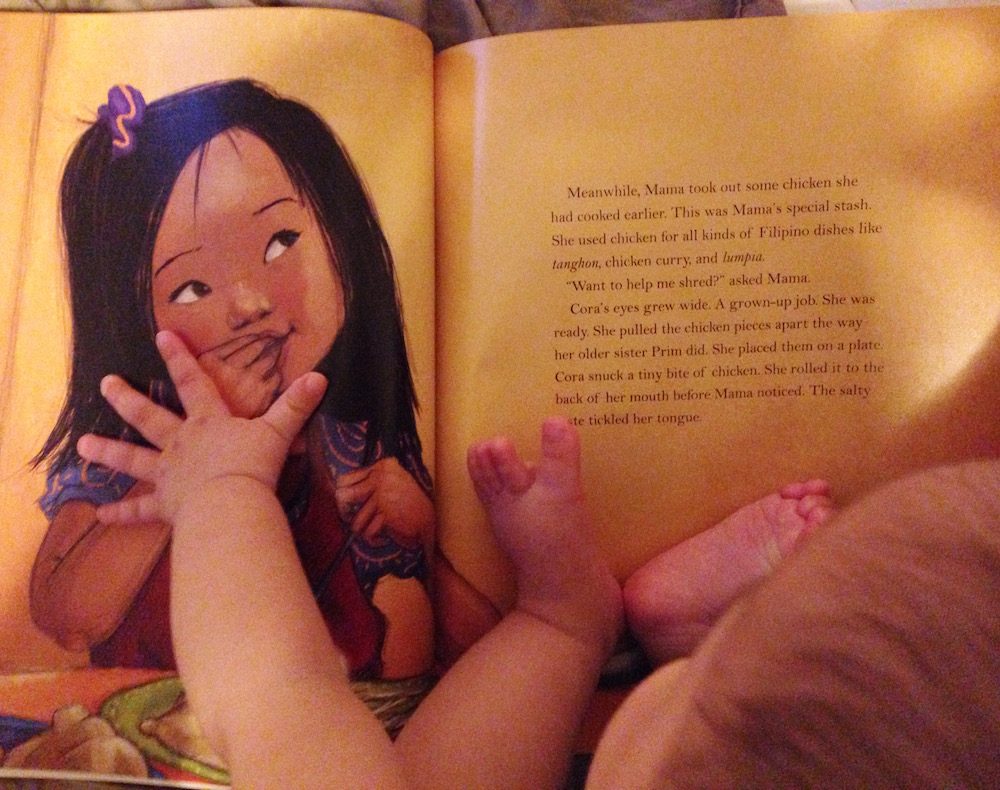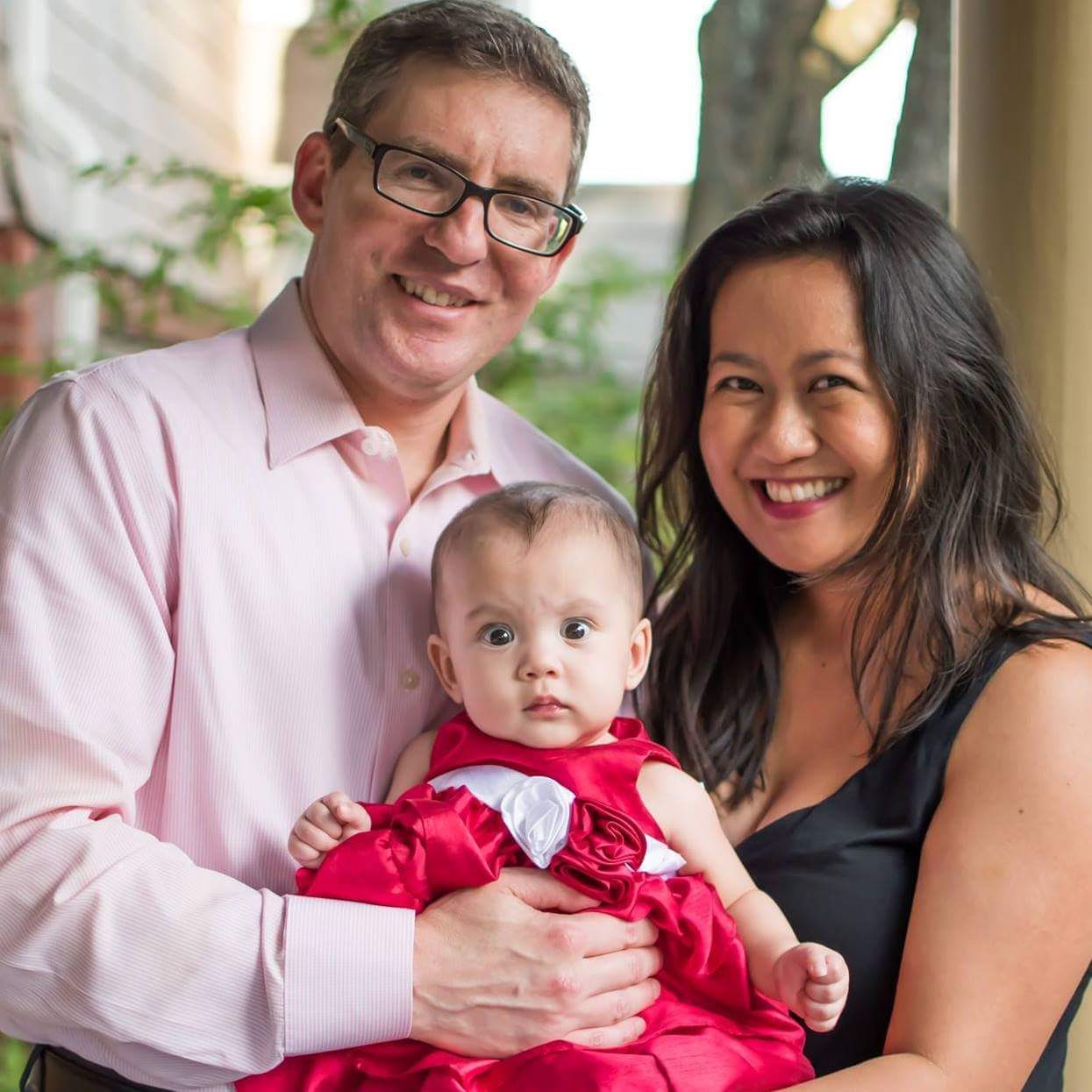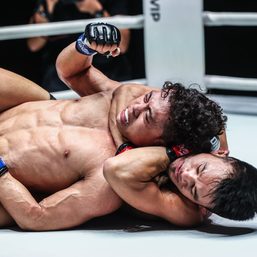SUMMARY
This is AI generated summarization, which may have errors. For context, always refer to the full article.

For the last 9 months, since her birth when I was singing OPM hits like “Bakit Labis Kitang Mahal” (Why Do I Love You So Much?) and “Mula Noon, Hanggang Ngayon” (Since Then, Until Now) to her in the NICU, I’ve committed to speaking only Filipino with my American daughter.
My husband, who is as American as the Red Sox, does not speak it. He encourages me, even as he teases that no one else in the world will speak as my daughter and I do. Despite my relatively deep-cuts vocabulary, my accent and confusing verb tenses give away immediately that I’m not a native speaker. I moved to Saudi when I was a baby and to the US at 15. Because of what Ondaatje calls “the sadness of geography”, Filipino has become a second language for me.
But in the last several months, because of my baby, I have spoken more Filipino stateside than I have in my first 22 years here combined. I remember feeling this excited about learning Filipino in the first grade when I started with the alphabet (a, abaca, b, bola…), pointing to things in our house and asking my parents to “say it in Filipino.” I was 7, maybe, when I noticed the word “tampon” on the side of public restroom bins and I smiled because I thought that it was the word “tapon,” (to throw) misspelled.

The irony is that I became proficient in Filipino when I arrived in Connecticut, USA, where I shared a couple payphones with about 30 girls in my boarding school hall. As the only Filipino in that school, Filipino became my secret language. I could talk freely about everything with my parents and sisters in Saudi Arabia while a line of girls waited for their turn, sitting across from me.
Recently, my sister Myra and I attended Rachel and Nino Alejandro’s concert in Rhode Island, and we understood all their jokes. When I hear bites of Tagalog spoken by strangers anywhere, some primal part of my brain lights up – as if it had been in hibernation and then awoke to the smell of lumpia. These days, my bilinguality is something I’m proud of, even grateful for, though it wasn’t always this way.
There was a time when I was so ashamed of being Filipino that I pretended I could not speak Tagalog. There is a Tagalog aphorism that translates roughly to “He who does not recognize where he comes from smells ranker than rotting fish.”
But the writer did not take into account that in an international school in Saudi Arabia, a 7th grader would open her geography book and read that the Philippines was not only affected by tsunamis, monsoons, earthquakes and volcanoes, but also had one of the most corrupt Asian governments and the most murders of journalists. After that geography lesson, I wrote in my diary that I wished I were from Hong Kong or Luxembourg.

But over the last 10 years, in particular, I’ve become fiercely proud and protective of my being Filipino. I’m finally comfortable with my brown skin and my wide nose, on which my glasses are constantly slipping.
In her book, Ecology of a Cracker Childhood, Janisse Ray writes, “Turning back to embrace the past has been a long, slow lesson not only in self-esteem but in patriotism – pride in homeland, heritage. It has taken a decade to whip the shame, to mispronounce words and shun grammar when mispronunciation and misspeaking are part of my dialect, to own the bad blood. What I come from has made me who I am.” Word.
I can’t roll a proper lumpia. I don’t know how to dance the tinikling. I haven’t spent more than 3 months in the Philippines since I was 18 months old, but I have my language. I can feel my personality change when I speak it. There is no satisfying translation for nakakagigil (trembling thrill), lambing (tenderness), or iniibig kita (I love you) in English and I think it’s because the Philippine culture makes room for those words, those feelings, to exist.
To gigil, for example, feels perfectly normal when I’m in the Philippines but it feels novel, precious, when I do it in New England where I live. In fact, when my husband watched the last 30 minutes of Four Sisters and a Wedding (with subtitles, of course) with me, he said, “I understand you even better now.”
Filipino, more so than English, reflects my personality. Being an immigrant is, for me, learning how to understand my adopted home and trying to be understood by it.
Which is what I hope my daughter will get someday: an understanding of where I am from, of where she, too, is from. I bought the book, Cora Cooks Pancit by Dorina K. Lazo Gilmore for her, and it occurred to me that the story was closer to my experiences than to what hers is now and will be. Unless the demographics of our city or our lives change significantly, the chances of her growing up in a Filipino community are pretty slim.
We’d return to the Philippines during a school break once a year, at most. I accept that what she will know about being Filipino will come from my sisters and me, but not from her community, her town, or her country.
And I accept, too, that some day, my girl might choose to reject whatever parts of her are Filipino. What the transcendentalist philosopher Emerson calls “[shunning] father and mother…when my genius calls to me” in his essay “Self-Reliance” is the American way. Here, American children are encouraged to make their own path, even if their philosophy deviates from their parents’ and I should be all right with that. After all, my parents gave me that freedom to choose, too.
But, if and when she’s ready to learn more about what courses through her, I like to think that she’ll find solace and joy in the cadence of our shared language, so that when she hears “Mahal kita” (I love you) or “Lahat ito, para sa ‘yo,” (All this is for you) she won’t need anyone to translate it for her.
She’ll already know.
I love you. This – all of this – is for you. – Rappler.com
Kristine Sydney was born in the Philippines, raised in Saudi Arabia, and has studied and worked in the United States for the last 23 years. She teaches high school English at a private school in Rhode Island. Follow her on Twitter at @kosheradobo.
Add a comment
How does this make you feel?





There are no comments yet. Add your comment to start the conversation.